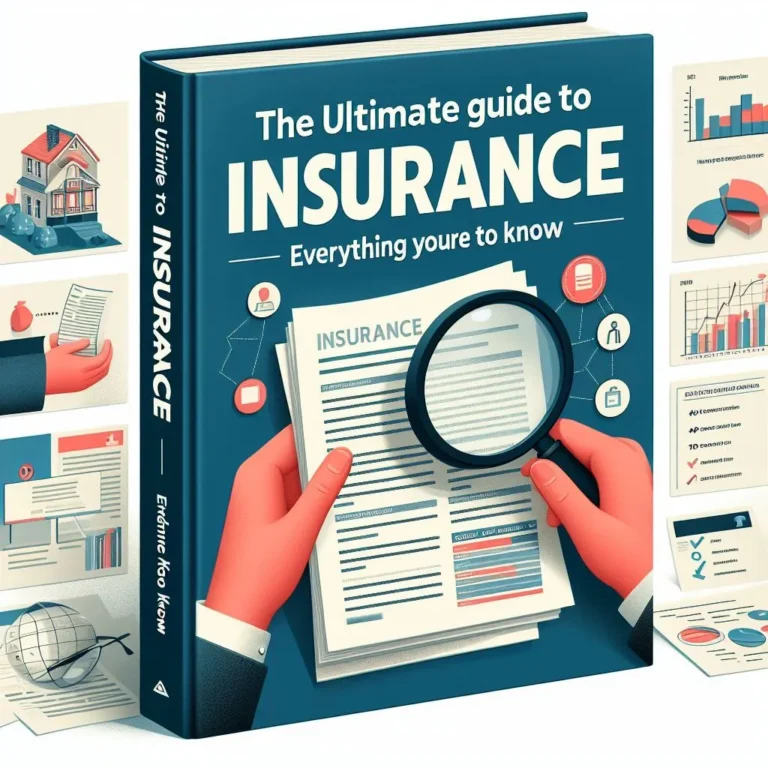Table of Contents
Ever wonder who gets the insurance money when you’re not named on the policy? The answer might surprise you. In some cases, even if your name isn’t explicitly listed, you can still benefit from insurance coverage as an “unnamed insured.” This article dives into the world of unnamed insureds, helping you understand your rights and potential benefits.
Who are Unnamed Insureds?
Unlike “named insureds” who are clearly identified in the policy, unnamed insureds are not directly named but can still receive insurance proceeds under certain conditions. They typically fall within a pre-defined category of people covered by the policy.
Common Scenarios for Unnamed Insureds:
- Construction Projects: In builders’ risk policies, subcontractors might be considered unnamed insureds even if their names aren’t listed. This is because the policy often intends to cover everyone working on the project (e.g., Sylvan Industries v. Fairview Sheet Metal Ltd.).
- Fire Damage: If an insurance policy covers “relatives living in the house,” those relatives qualify as unnamed insureds with separate benefits that creditors cannot garnish (e.g., Austin Powder Ltd. v. Howard).
Key Points to Remember:
- Insurable Interest Isn’t Enough: Simply having a stake in the insured property doesn’t automatically make you an unnamed insured. There must be a clear intention on the part of the named insured to include you in the coverage (e.g., Sylvan CA).
- Burden of Proof Lies with Unnamed Insured: If you believe you’re an unnamed insured, the onus falls on you to prove the named insured intended to provide coverage (e.g., Sooter Studios Ltd. v. 74963 Manitoba Ltd.).
The Takeaway:
Determining your status as an unnamed insured depends on the specifics of your situation and may vary by jurisdiction. However, the principles outlined above provide a solid foundation for understanding this concept.
Here are some additional tips to protect yourself to Gets the Payout:
- Always review the insurance policy wording carefully. Pay close attention to sections that mention unnamed insureds or additional insureds.
- If unsure about your coverage, consult a lawyer or insurance professional. They can help you interpret the policy and determine your rights.
- Consider requesting to be added as an additional insured on relevant policies. This can provide greater peace of mind knowing you’re explicitly covered.
By understanding unnamed insureds, you can ensure you receive the rightful benefits in case of an insured event, even if your name isn’t on the dotted line.


